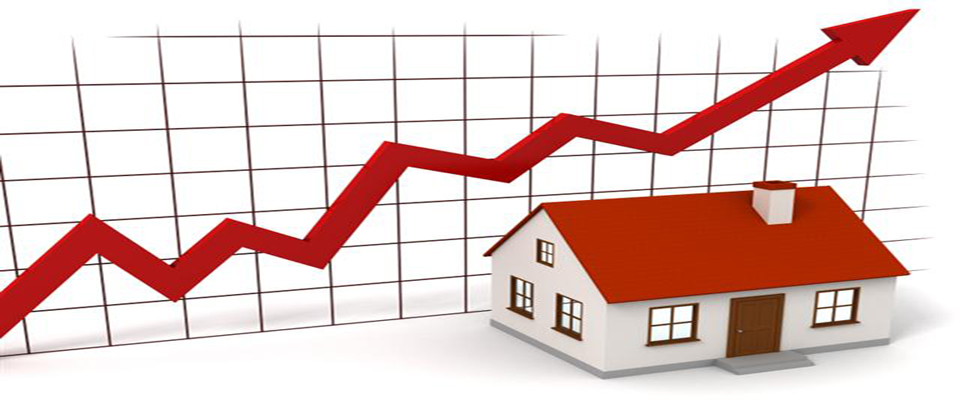House prices here are growing faster than during the boom, according to the Central Bank.
The bank said this week in its Macro Financial Review that the growing rise in house prices posed a danger to our economic recovery and cautioned against the mindset that house prices will keep rising, saying it could fuel property speculation and potentially destabilise the market all over again.
The 16.3% rise in house prices nationally is close to the level seen at the peak of the property boom, with parts of Dublin growing at even quicker pace.
The "rapid pace of house price increases" could trigger "expectations of further increases and could lead to a misalignment of house prices", the banking regulator said.
Despite their fears over the inflating prices, the Central Bank pointed out that the number of houses being sold was so low at present that it may not be generating meaningful data with fewer homes for sale this year than at the peak of the bubble and at the pit of the crash.
Figures published by the Central Bank this week also show that 97% of property professionals surveyed earlier this year expected house prices to rise in 2015, and none anticipated a drop in prices.
However, that survey of estate agents, property surveyors, and property-focused economists and academics was undertaken before the Central Bank revealed in October that it planned to introduce limits on mortgage lending by the banks next year. Ironically, the bank's own move to cap mortgages has been blamed for a surge in prices in October.
Unlike the loose lending that fuelled the boom though, the increase in prices is being blamed on factors such as the lack of housing supply.
Dublin is the busiest market nationally and accounts for about one in three sales, but just 2.3pc of properties changed hands over the past year, which the Central Bank said was very low by "normal standards".
There were 4,500 mortgages drawn down in the three months to the end of September - making up about half of all house purchases, it said.





